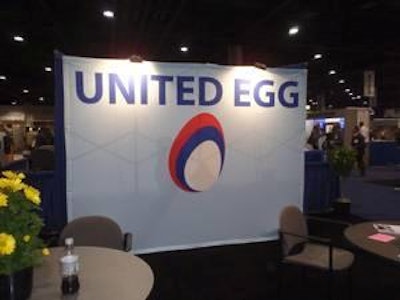
Gene Gregory, president, United Egg Producers, announced the introduction of legislation that would codify the laying hen welfare agreement between the Humane Society of the United States and the United Egg Producers. The announcement was made at the United Egg Producers board meeting, held in conjunction with the 2012 International Poultry Expo in Atlanta in January.
The proposed legislation, H.R. 3798, or the Egg Products Inspection Act Amendments of 2012, is cosponsored in the House of Representatives by representatives, Kert Schrader, D-Ore., Jeff Denham, R-Calif., Elton Gallegly, R-Calif., and Sam Farr, D-Calif.
“Eggs are a national commodity, and egg producers should have a level playing field – not have different, costly rules in all 50 states,” said Gregory. “That’s where we are heading if we don’t pass this federal legislation. We need this legislation for our customers and consumers and the survival of egg farmers.”
The Egg Products Inspection Act Amendments of 2012, would:
- require conventional cages to be replaced during an ample phase-in period with new, enriched colony housing systems that provide all egg-laying hens nearly double the amount of current space;
- require that, after a phase-in period, all egg-laying hens be provided with environmental enrichments, such as perches, nesting boxes and scratching areas that will allow hens to express natural behaviors;
- require labeling on all egg cartons nationwide to inform consumers of the method used to produce the eggs - "eggs from caged hens," "eggs from hens in enriched cages," "eggs from cage-free hens," and "eggs from free-range hens";
- prohibit feed- or water-withdrawal molting to extend the laying cycle, a practice already prohibited by the United Egg Producers Certified program;
- require standards approved by the American Veterinary Medical Association for euthanasia of egg-laying hens;
- prohibit excessive ammonia levels in henhouses; and
- prohibit the transport and sale of eggs and egg products nationwide that don't meet these requirements.

















